At the outset of the pandemic Autograph decided to focus our work on ideas of care and what this means and looks like in challenging times. One turbulent year on and conversations about care are everywhere, from displays of gratitude towards our healthcare providers and the challenges they face, to the urgent rethinking of how we live, connect and share together (whilst apart).
Care also became the second theme for our online artists’ course, PILOT, following on from a critical focus on human rights (which you can read about here). We began exploring the topic by hearing from Kate Adams and Cassie Thornton, our guest artists whose practices push the boundaries of how art and care might work together and create new structures that centre agency, health, creativity, solidarity and community. The session provided an appeal to think about care critically, as well as a deeper insight into the actual work of caring: we learned of the dire situations and barriers facing disabled communities in Kate’s work with Project Art Works, and the urgent legal case Cassie had to attend to mid-session, fighting for justice in the murder of an indigenous woman in her city of Thunder Bay, Canada.
Reflecting and responding to this, the PILOT artists brought multiple new ways of thinking and feeling about care into the space. The beautiful musical sounds created by Lauriem invited us to ‘draw a path’ and, in their own words, “step into the care work that consists of welcoming, accepting, processing and releasing difficult emotions, in a collectively difficult time.” Henrique J. Paris captured the emotional and political resonances of movement in a beautifully staged and filmed Krump dance, highlighting the tension, fragility, resistance and tactility between black bodies. Nana Opoku literally took the time to care for us as a group in that moment, creating a space for us to rest and step out of the rush of our daily grinds.
Complex relationships with family and loved ones was at the heart of other works shared. The subtle gestures of tenderness, touch and control in Elisabeth Tomlinson’s film as she braids her sister’s hair, was a powerful metaphor for care as a relationship of love but also tension and pain. Nadia Rossi’s posters used conversations with her mother, a social care worker, to amplify the painful realities and injustices of the care industry, as well as the anger and resilience of those who work on the front lines.
These conversations about care realised their full gravity when Wamaitha Ng'ang'a returned to finish the course, having taken time out to finally undergo the spinal surgery she had been waiting years to receive. Her bravery in documenting this severe, incapacitating process let us witness the most intimate experience of care, as well as paying tribute to NHS care workers who treated her.
We are proud to share a selection of works from the artists below, with our final blog post on the theme of Future coming soon.
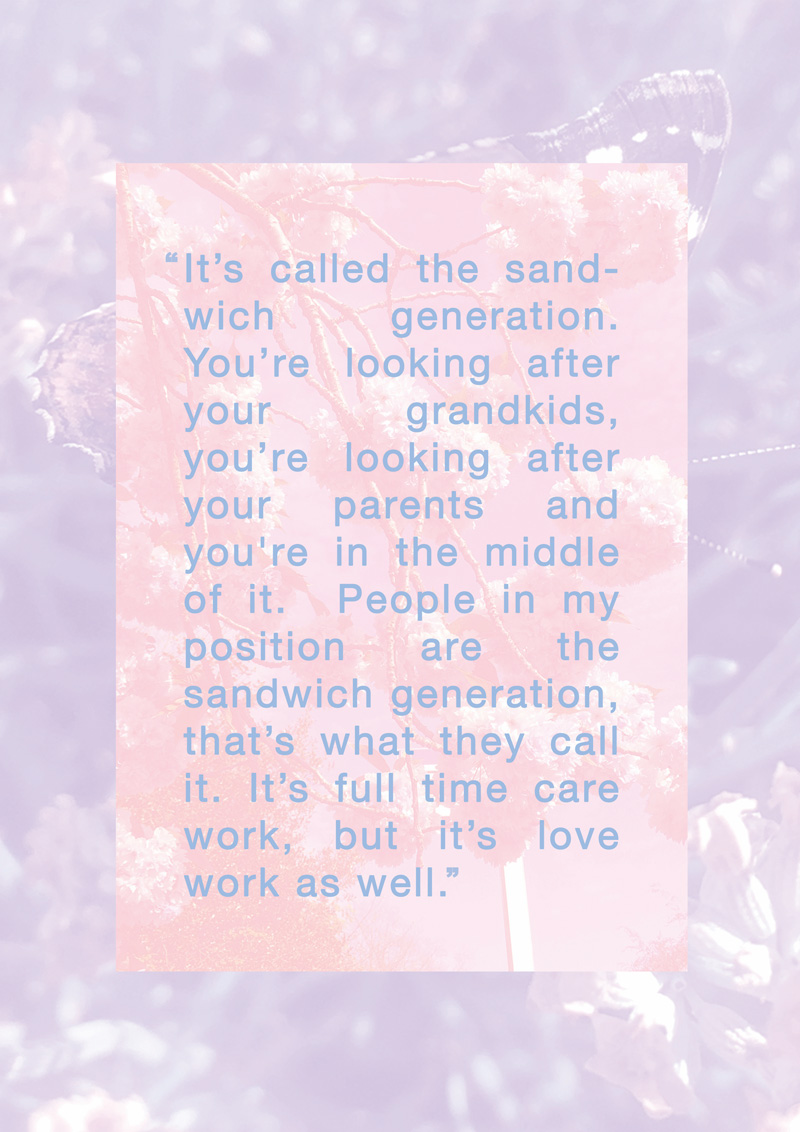
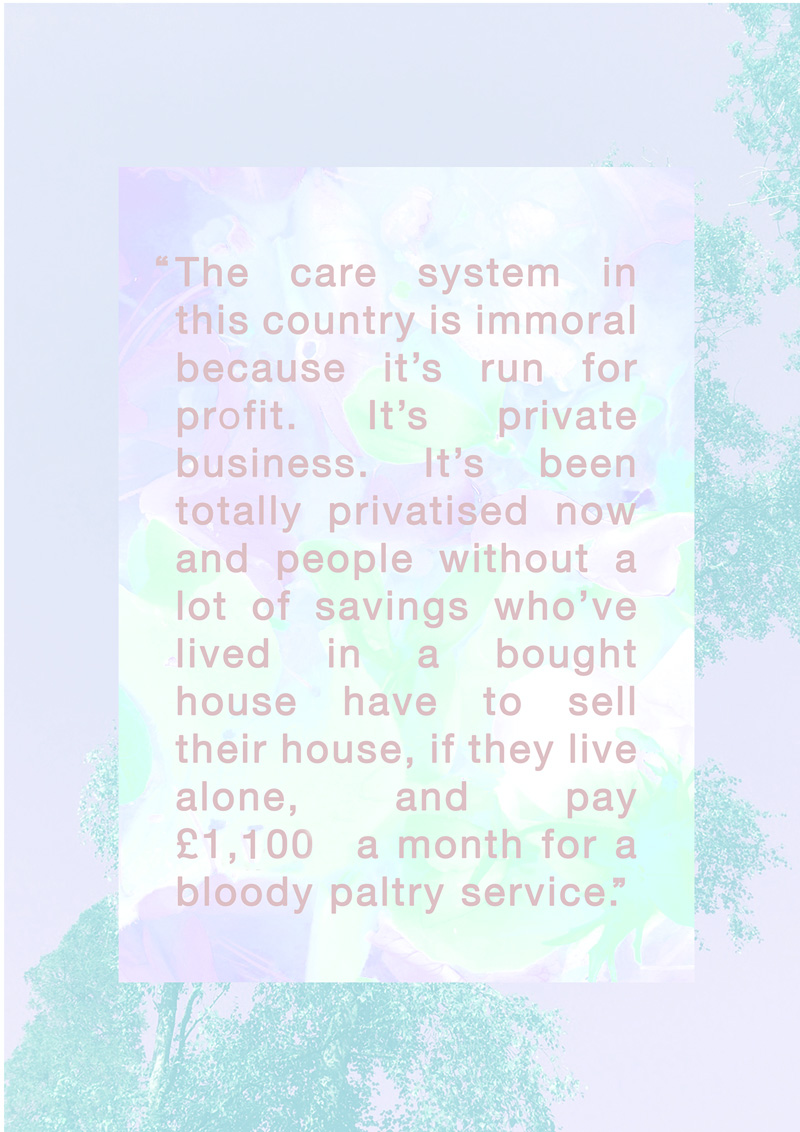
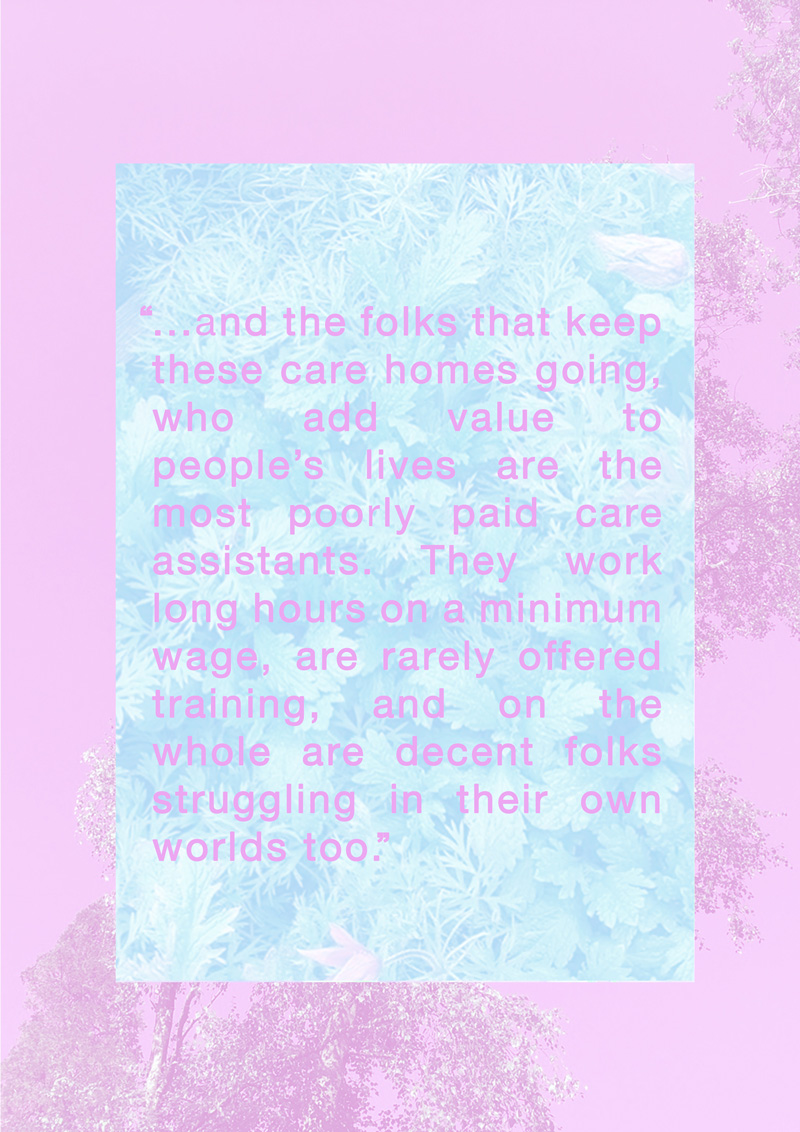
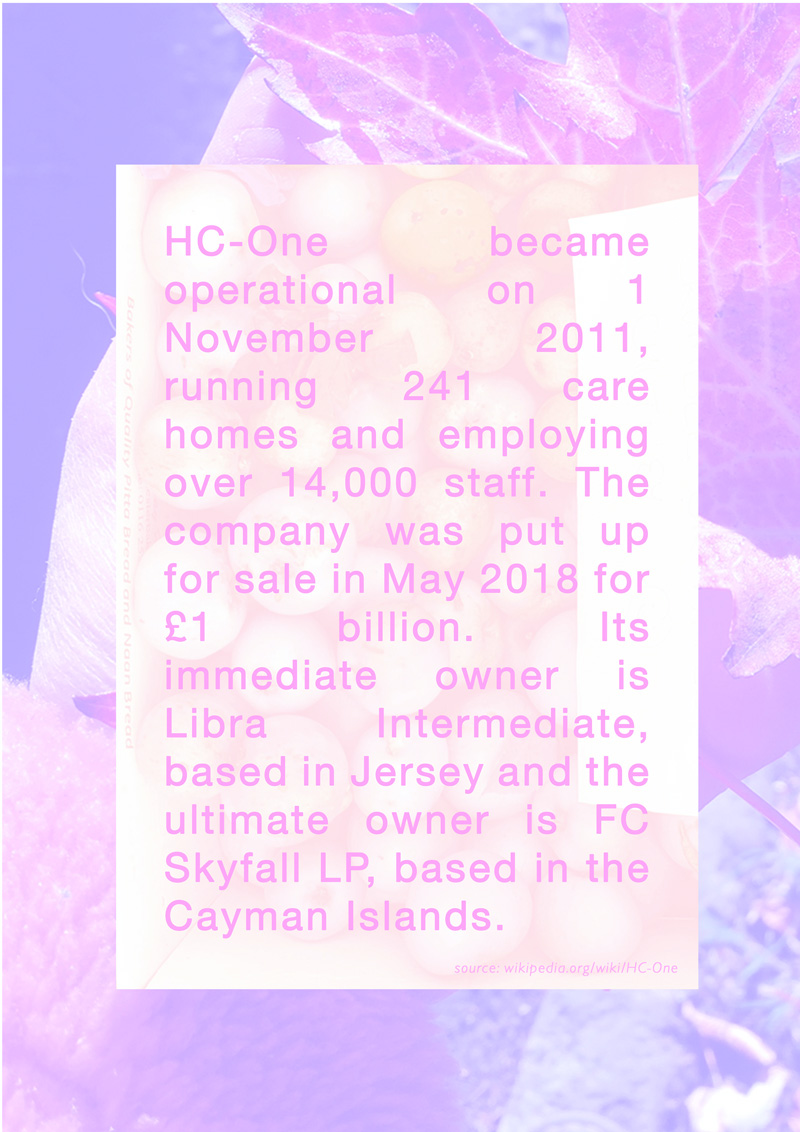
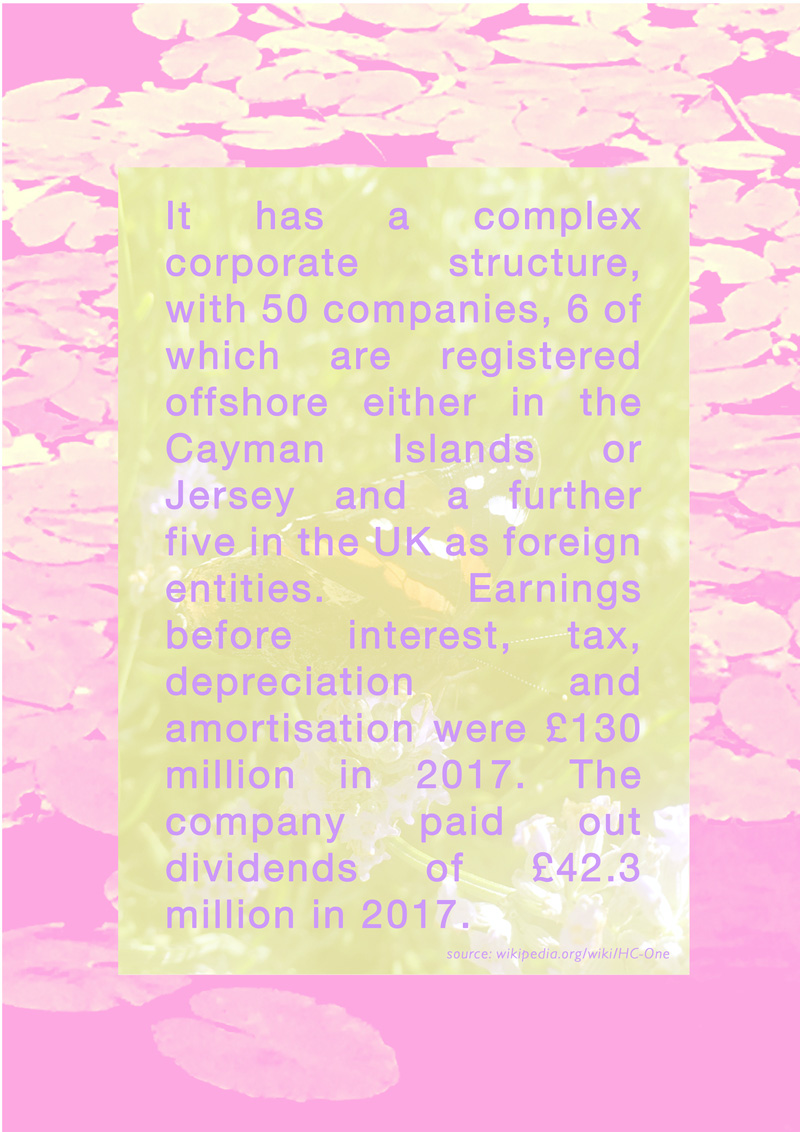
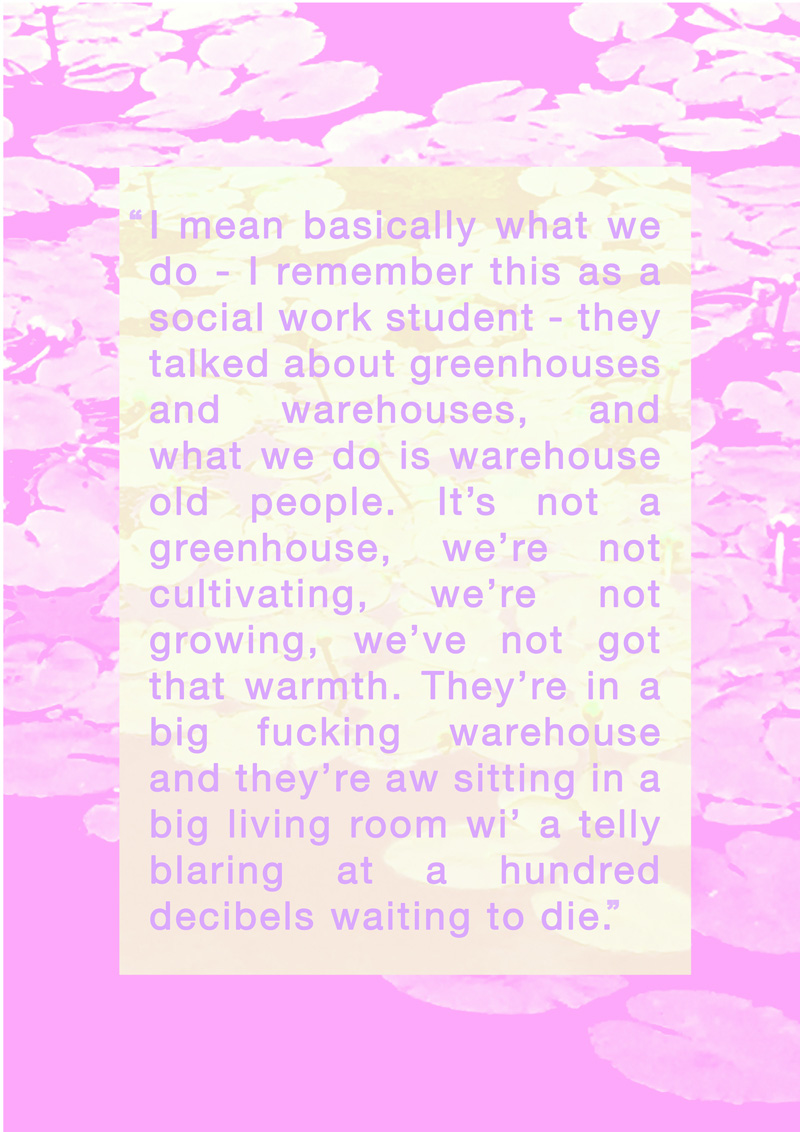
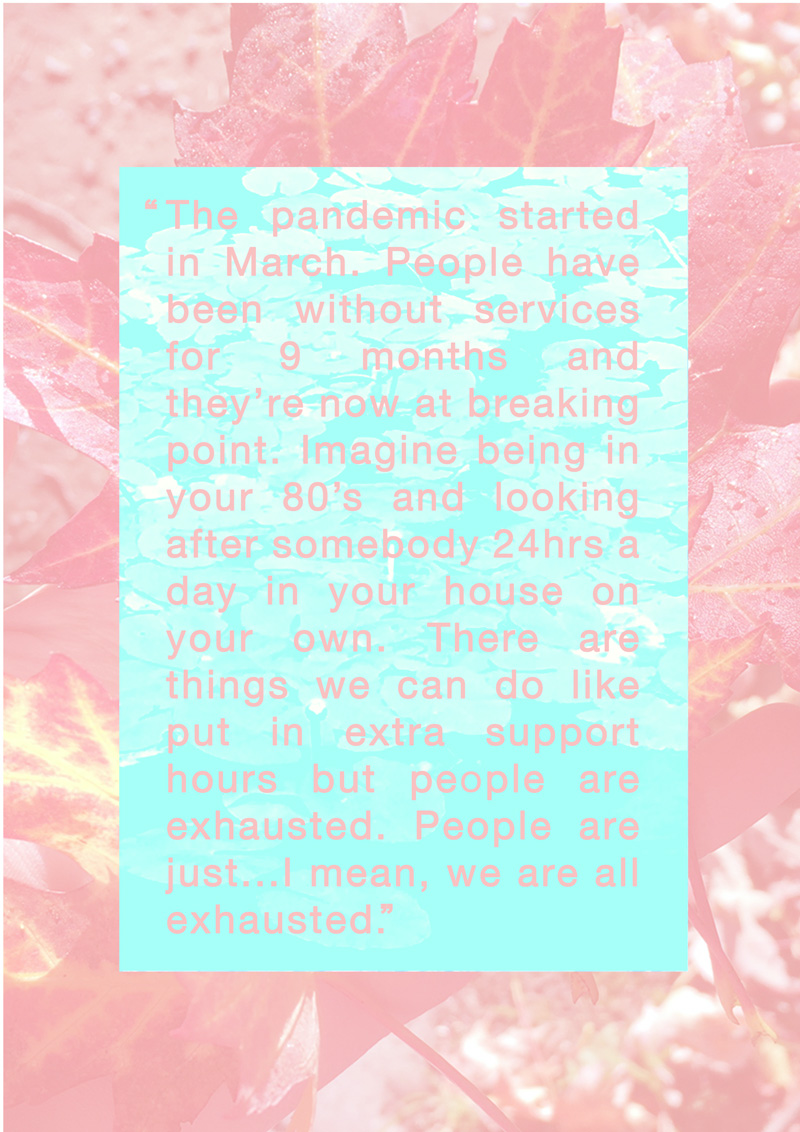
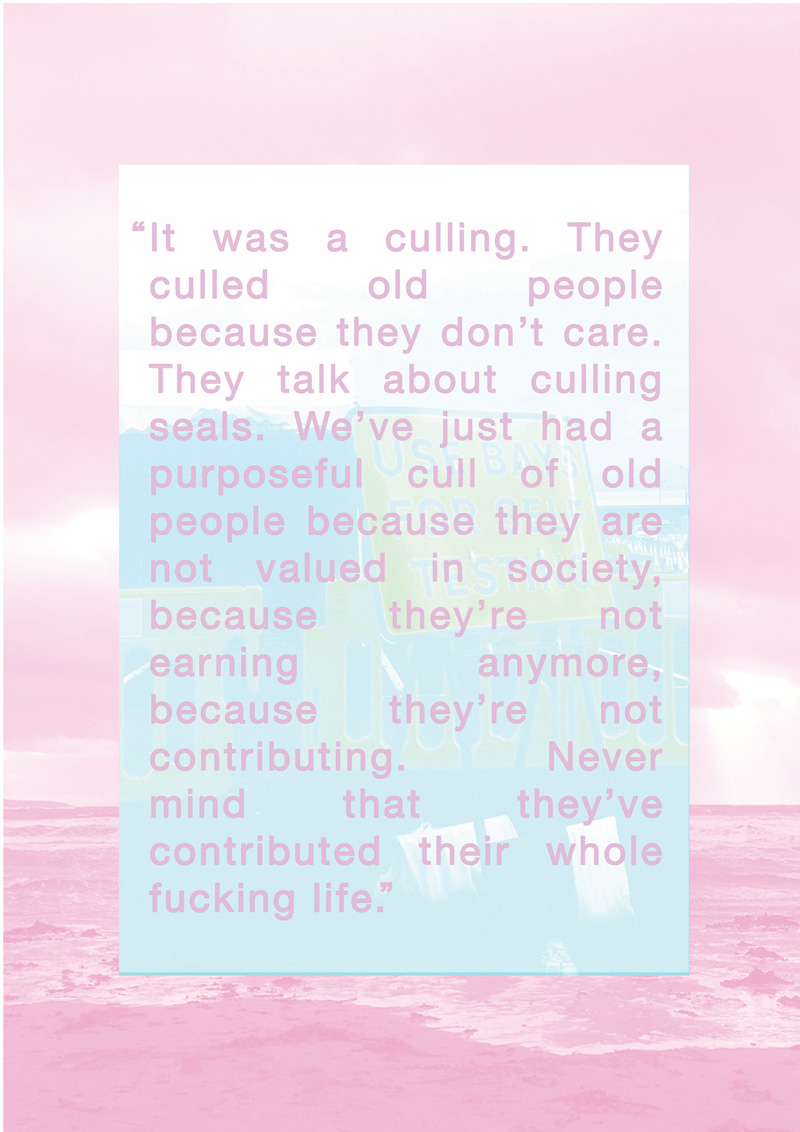
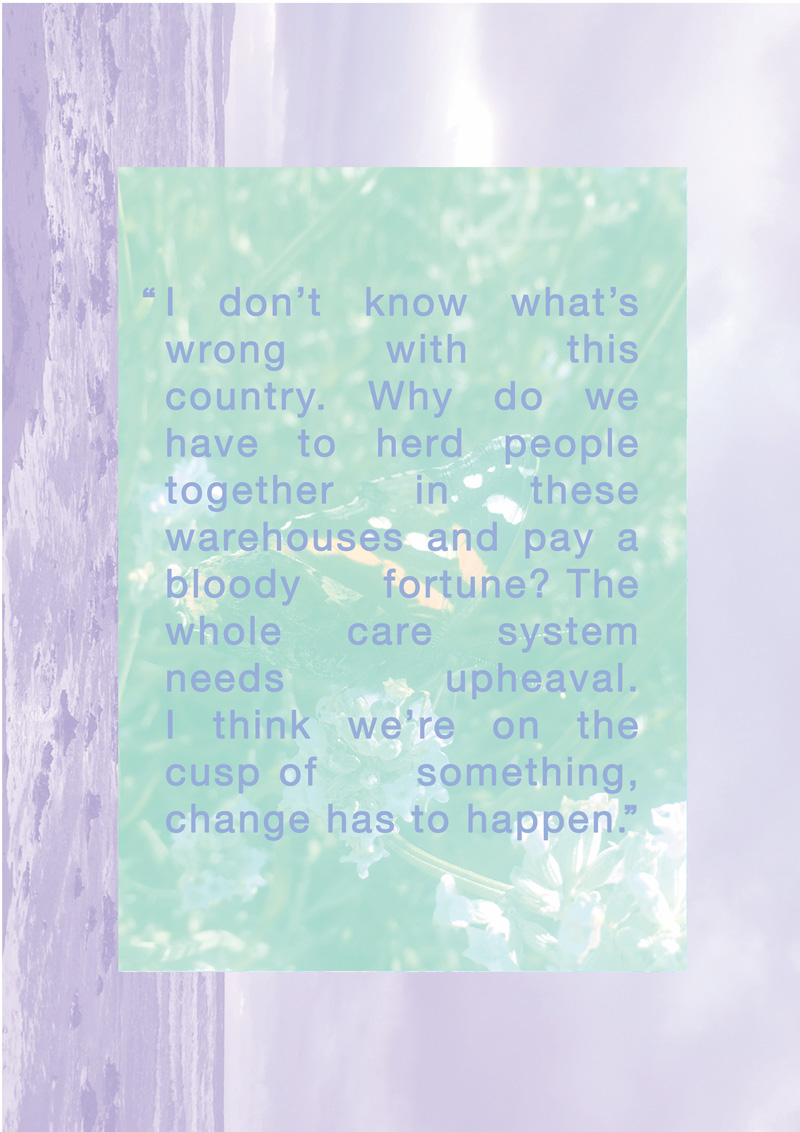

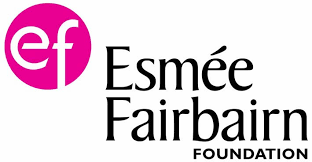
Banner image: Elisabeth Tomlinson, Between Sisters, Control Isn't Feared [still], Video; 3 minutes 4 seconds, 2020
Autograph is a space to see things differently. Since 1988, we have championed photography that explores issues of race, identity, representation, human rights and social justice, sharing how photographs reflect lived experiences and shape our understanding of ourselves and others.